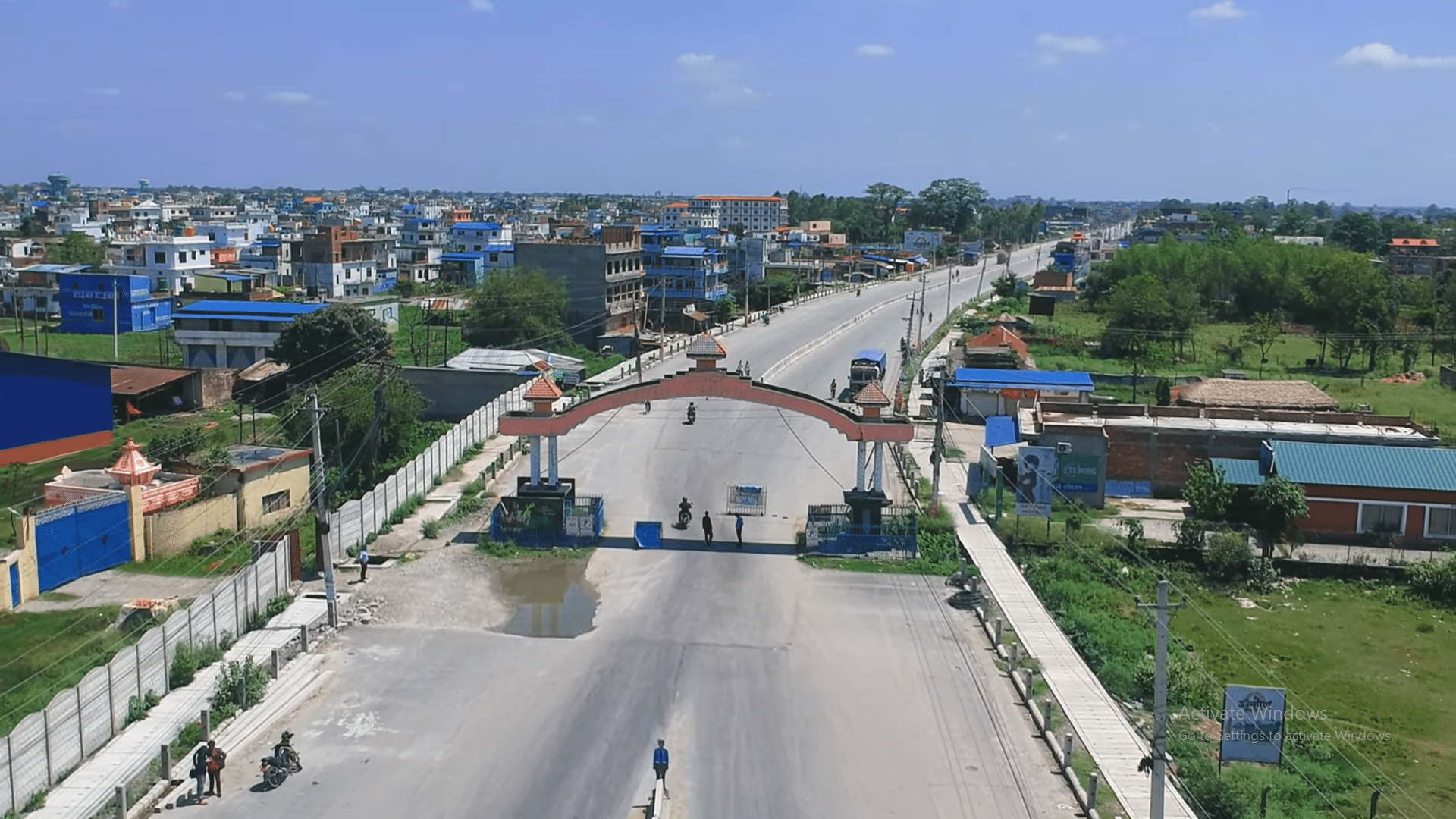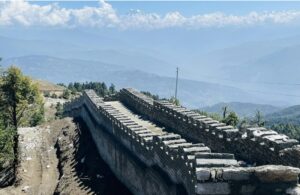
Biratnagar, located in the southeastern region of Nepal, is a city that is known for its vibrant industrial sector. The city is home to several factories and manufacturing plants, making it a hub for industrial development in the country. In this article, we will explore the different industries that make Biratnagar an industrial city and how it has contributed to the development of the region.
Textile Industry
The textile industry is the backbone of Biratnagar’s economy. The city is home to several textile factories that produce a wide range of products such as blankets, carpets, and clothes. The Biratnagar Jute Mills, one of the oldest textile mills in Nepal, is located in the city and is known for producing high-quality jute products. Additionally, the city has several cotton mills that produce yarn and fabric, which are used to make clothes and other textile products.
Food Processing Industry
The food processing industry is another major contributor to Biratnagar’s economy. The city has several food processing plants that produce a wide range of products such as rice, flour, and oil. The Biratnagar Sugar Mill, which is one of the largest sugar mills in Nepal, is located in the city and is known for producing high-quality sugar products. Additionally, the city has several vegetable oil mills that produce edible oils such as soybean oil and mustard oil.
Chemical Industry
The chemical industry is also well-established in Biratnagar. The city has several chemical plants that produce a wide range of products such as fertilizers, pesticides, and detergents. The Biratnagar Chemicals Limited, which is one of the largest chemical plants in Nepal, is located in the city and is known for producing high-quality chemicals.
Automobile Industry
The automobile industry is a relatively new industry in Biratnagar, but it is growing rapidly. The city has several automobile showrooms and service centers that cater to the growing demand for vehicles in the region. Additionally, the city has several factories that produce auto parts and components, which are used in the assembly of vehicles.
Infrastructure and Development
The growth of the industrial sector in Biratnagar has led to significant infrastructure development in the city. The city has several industrial estates and special economic zones that provide a conducive environment for industrial development. Additionally, the city has developed a robust transportation network that includes road, rail, and air transport, making it easy for industries to transport goods to other parts of the country.
Conclusion
In conclusion, Biratnagar is a city that is known for its vibrant industrial sector. The city’s textile, food processing, chemical, and automobile industries have contributed significantly to the development of the region. The growth of these industries has led to significant infrastructure development, making it a hub for industrial development in the country. As the city continues to grow and attract more investment, it is poised to become a major industrial center in Nepal.
Related:



